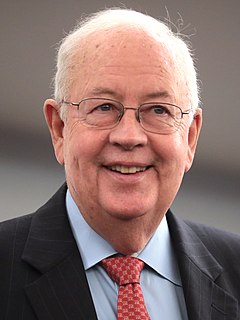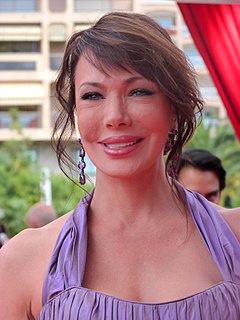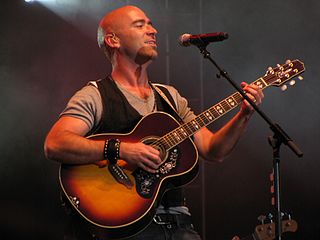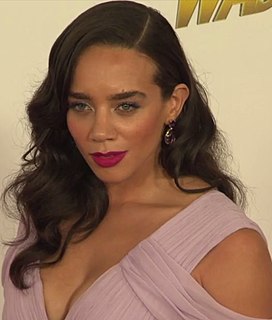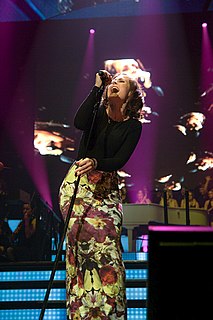A Quote by Ken Starr
We were in Little Rock. We were assessing a very important issue. In the midst of our discussions, we were receiving urgent inquiries from The Washington Post asking about interviews.
Related Quotes
Some years ago our Japanese counterparts asked us to resume the discussions of the issue and so we did meeting them halfway. Over the passed couple of years the contacts were practically frozen on the initiative of the Japanese side, not ours. At the same time, presently our partners have expressed their eagerness to resume discussions on this issue [the Kuril Islands].
Back from 2001 to 2003, I wrote multiple editorials for The Washington Post about biological warfare and pandemic preparedness - issues that were at the top of everyone's agenda in the wake of 9/11 and the brief anthrax scare. At the time, some very big investments were made into precisely those issues, especially into scientific research.
Coming from a sort of very rigid European type of training to this culture which is just a little more open - a lot more open, and kind of curious, and asking different sorts of questions.Because the problem for me was that the European modernist movement in the '70s was all about right or wrong. Some things were right and you were dealing with the truth, as it were, and then some things were wrong and therefore not allowed.
I did not feel very patriotic. I did not feel proud of our country, seeing that we were bombing peasant villages, that we were not just hitting military targets, that children were being killed. We were terrorizing the North Vietnamese with our enormous Air Force. They had no Air Force at all. They were a little pitiful country and we were terrorizing them with our bombs. And no, I did not feel proud at all.
Our friendship was like our writing in some ways. It was the only thing that was interesting about our otherwise dull lives. We were better off when we were together. Together we were a small society of ambition and high ideals. We were tender and patient and kind. We were not like the world at all.
